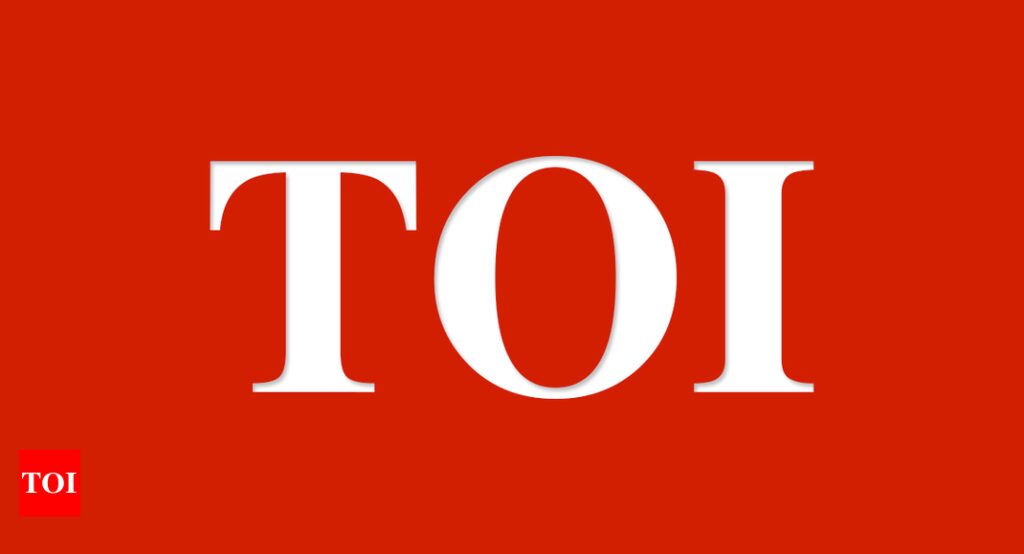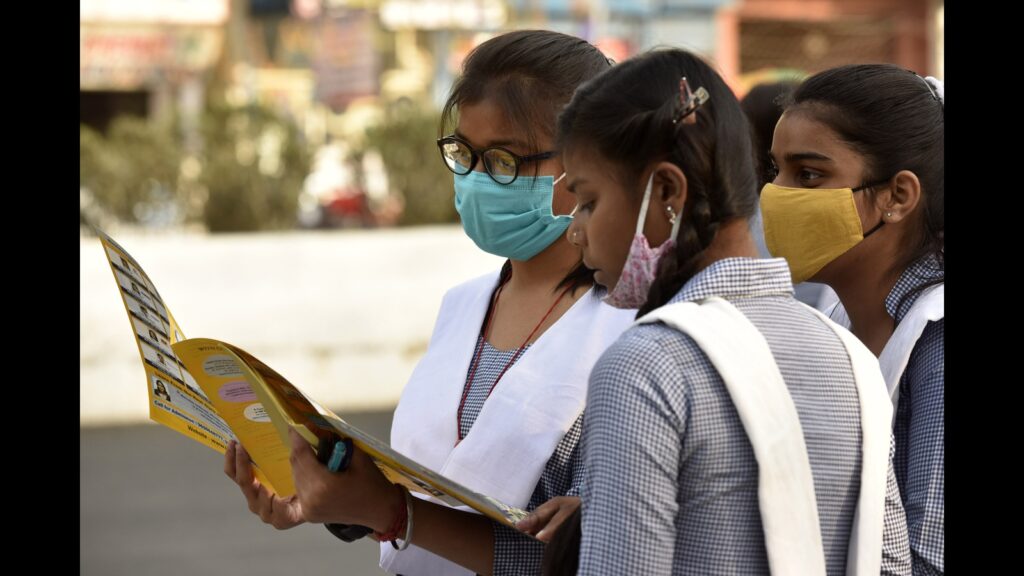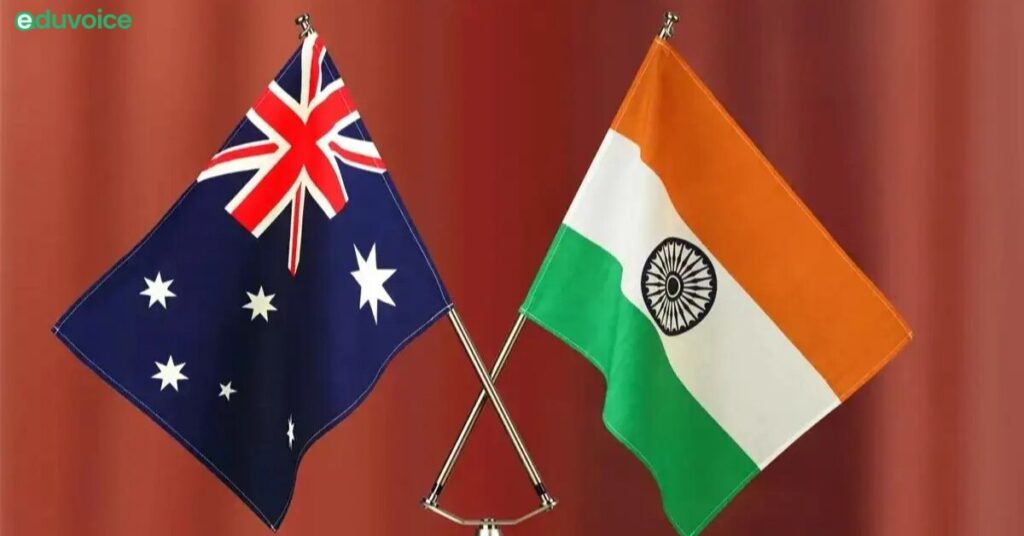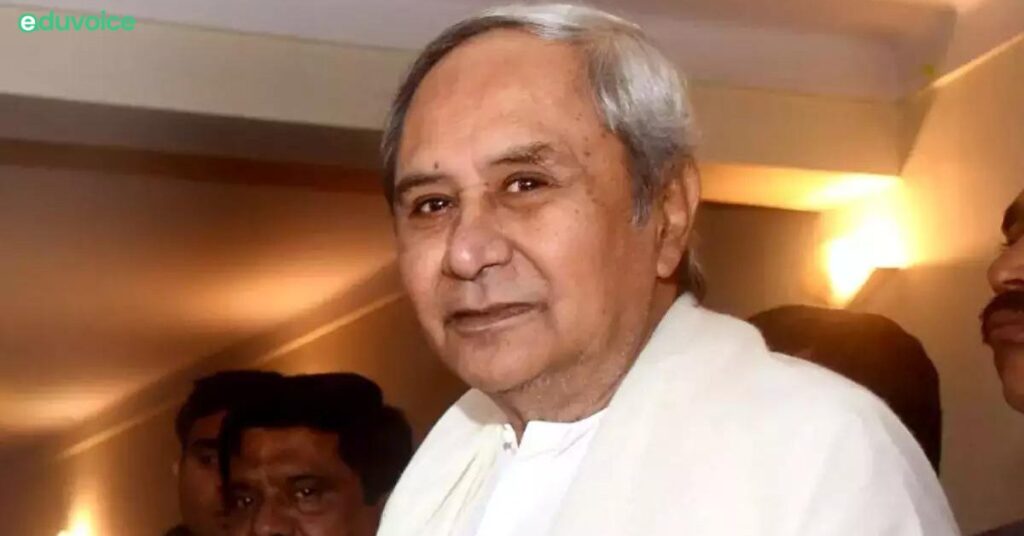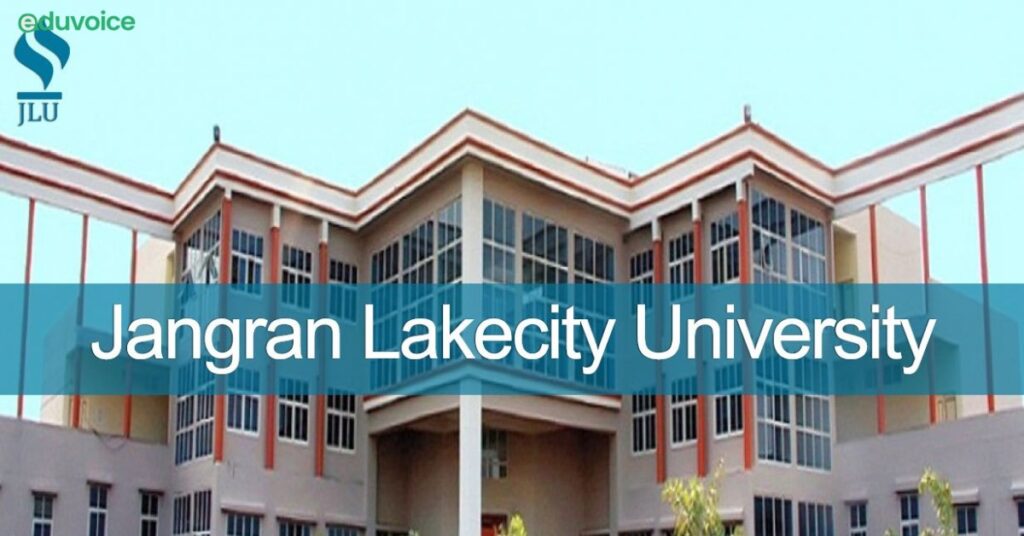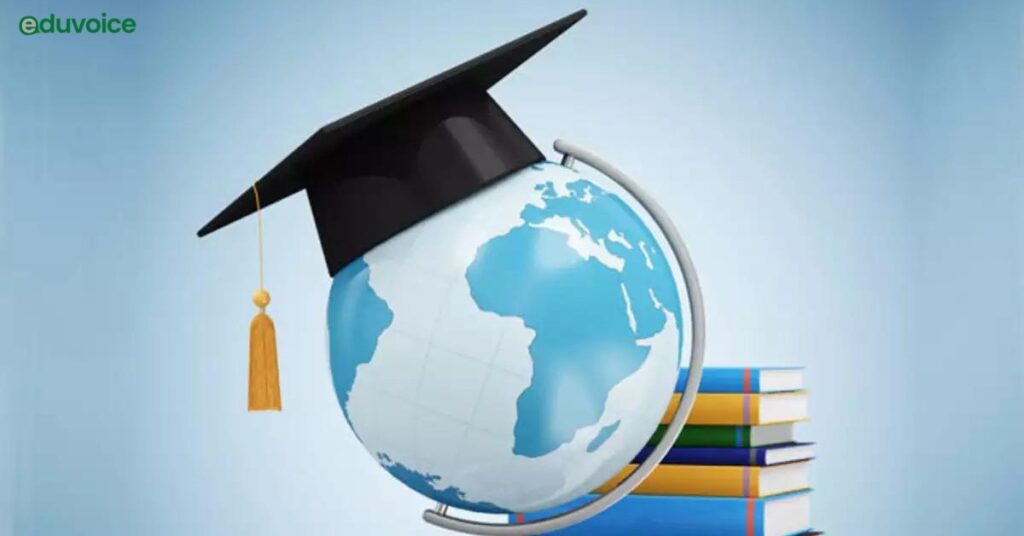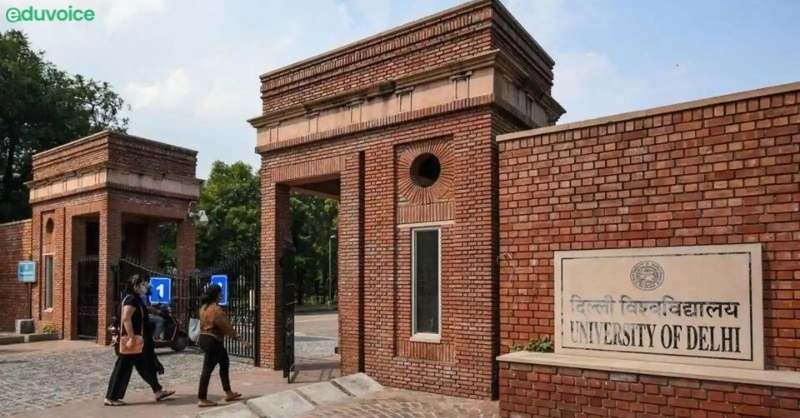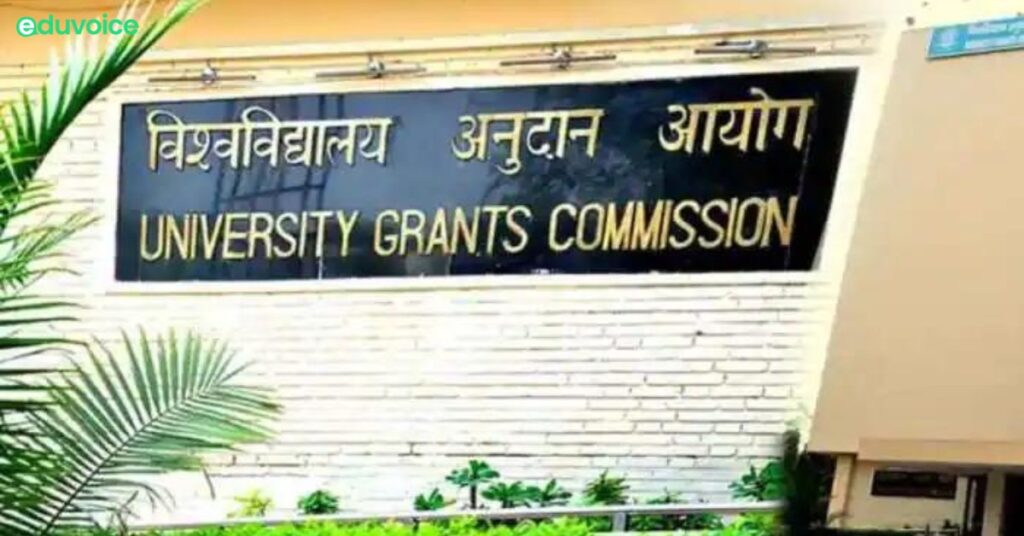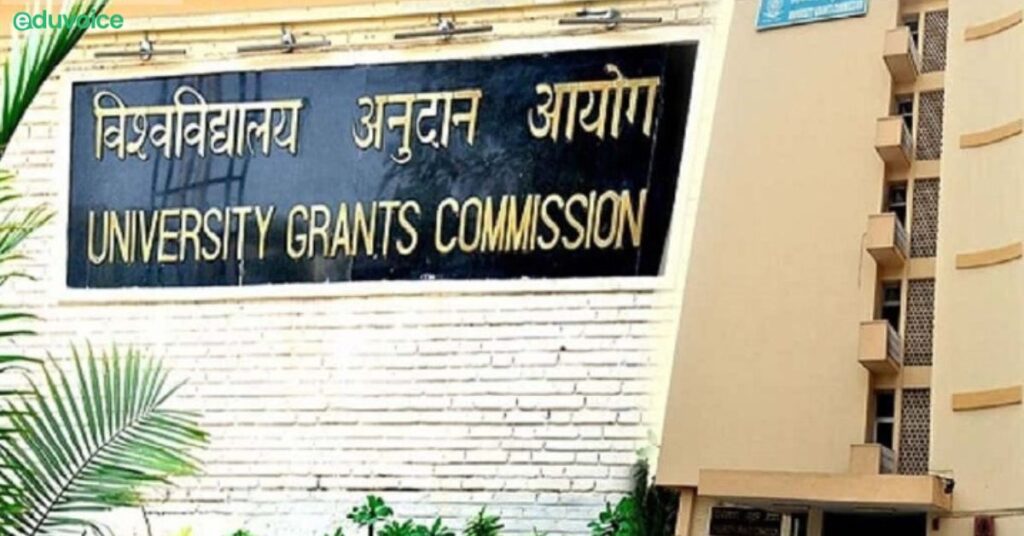CHENNAI: National Means cum Merit Scholarship examination results will be declared at 1pm on April 15.As many as 2,22,985 students studying in Class VIII in government and government-aided schools wrote the exams on February 25.After registering their roll number and date of birth, students can check the results on www.dge.tn.gov.in
Tag Archives: Students
Updating textbooks and rationalising syllabi is a commonplace practice across the world, necessitated by the shifting needs of the education system, society and science. Yet, steps taken by the National Council of Educational Research and Training (NCERT) last year to rationalise the syllabi have stoked controversy for a bouquet of reasons. The government body argued […]
India and Australia on Thursday signed a Framework Mechanism for Mutual Recognition of Qualifications that will help ease the mobility of students and professionals between the two countries. While the two countries will recognise the degrees, professional registrations of engineering, medicine, and law pass-outs will remain outside the framework’s ambit. The agreement was signed following […]
Students should be encouraged to take up research work, and understand the transformation that is happening, Odisha Chief Minister Naveen Patnaik said during the joining of new professors and lecturers on Monday. “As many as 914 Assistant professors and lecturers today joined various colleges in the state. While 321 Lecturers joined the Teachers’ Training Colleges, […]
Students of the central universities can now pursue two courses together from the new academic year. After the Central Universities accepted this proposal, students studying in their facilities will be able to perform studies for other courses simultaneously. Students will have an option they can opt for a regular course and another via distance learning. […]
Bhopal As part of Jagran Lakecity University’s ongoing efforts towards advancing higher education and bringing the best global knowledge to the students and its faculty members, the University partnered with Coursera, one of the world’s leading online learning platforms, to power its education ecosystem with world-class learning. Mr. Dulles Krishnan, Managing Director, Coursera, India & […]
Taking a cue from the education system prevalent in foreign universities, the Kerala government is planning to provide job opportunities for students along with their higher studies. Inaugurating the third edition of the Professional Students Summit, organised by ASAP Kerala, Chief Minister Pinarayi Vijayan on Saturday said projects such as ‘Industry on Campus’ and ‘Young […]
The Delhi University authorities asked the students to wear Indian attire with ‘angvastras’ (stole) for its upcoming convocation ceremony as they decided to give up “old colonial gowns”.According to DU registrar Vikas Gupta, the administration decided to change the dress code and make it align with the “Indian culture”. “The robe or gown had been […]
The University Grants Commission (UGC) asked all higher educational institutes to make it mandatory for students to teach at least five or more non-literates in an academic year. It also suggested measures to implement the New India Literacy Programme launched by the ministry of education. The National Education Policy (NEP 2020) recommendations include strong and […]
University Grants Commission, UGC has asked all colleges and universities to work towards making changes in ordinances and statutes. Indian varsities have been asked to do this in order to work towards hiring more Professors of Practice. As per an official notice released by UGC, dates November 14, 2022, “Vice-Chancellors of Universities and Principals of […]

